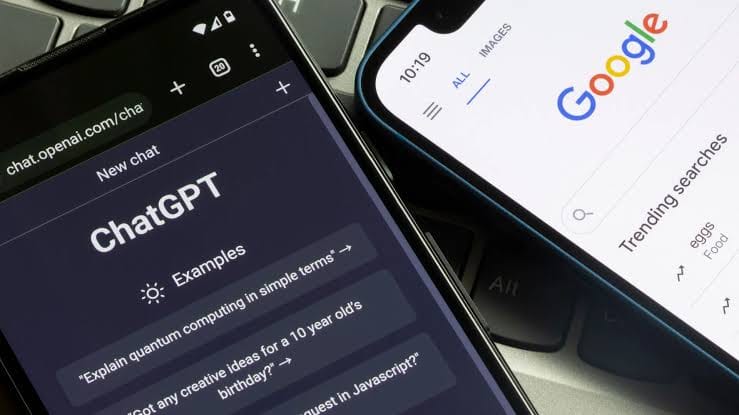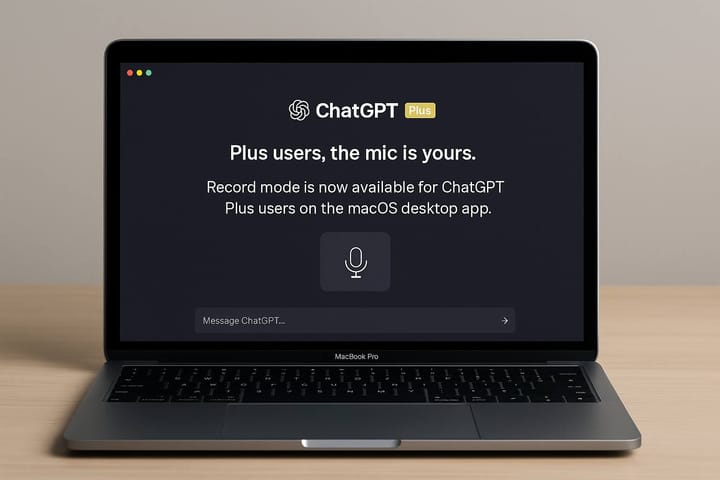Does ChatGPT Conversation Appear on Google? The Facts About AI Data Privacy
ChatGPT conversations do not automatically appear on Google; user data privacy and security remain a top priority.

As artificial intelligence tools like ChatGPT gain popularity, users are increasingly concerned about the privacy of their conversations. A common question emerges: can ChatGPT conversations show up on Google? Many people worry that their private or sensitive chats might suddenly become accessible to the public via search engines. In reality, user data privacy on AI services like ChatGPT is tightly safeguarded by its developer, OpenAI.
OpenAI Data Privacy Policy
OpenAI, the developer of ChatGPT, has stated that user conversations do not automatically appear on Google. Conversations conducted via ChatGPT, whether on the official app or web, are not indexed by search engines unless the user themselves shares the conversation on public platforms such as blogs, forums, or social media. The same applies to browser extensions or third-party services that allow chat sharing via public URLs; those links can be indexed if publicly accessible.
How Data Is Used for AI Development
OpenAI does use chat data as training data to develop and refine its AI models. However, the data used is anonymized—user identities are removed before analysis. This process ensures no personal data can be directly linked back to users. Users can also opt out in their account settings to prevent their chats from being used for training, as explained in OpenAI Data Usage FAQ.
How Could a Conversation Appear on Google?
There are a few ways a ChatGPT conversation might be found via Google. First, if a user copies and shares their chat on a website or forum that Google can index. Second, some apps or extensions include a share feature meant for publication. Beyond those cases, it is unlikely for conversations to be published. In very rare instances, such as a data breach or bug, chat data could become exposed, but this is not standard practice and is a focus of mitigation by OpenAI.
Security and Data Deletion
OpenAI asserts that user data is never sold to third parties and will not be accessed or published without permission unless required by law. Additionally, users can manually delete their chat history. Once deleted, the data is no longer accessible and, according to current policy, is also no longer used for further training. Data security is protected by internal audits and encryption of data traffic.
Safe Practices for Users
Users are advised not to share sensitive or confidential information during ChatGPT conversations. For extra privacy, users can disable “Chat History & Training” in settings, ensuring their chat data will not be used to train AI models in the future. Also, deleted conversations will not appear in history or training processes.
User Education on AI and Privacy
The growing popularity of ChatGPT and AI in general makes user education increasingly important. Myths about privacy often arise from a lack of understanding of how data is processed. The OpenAI Privacy Policy states that every conversation is not shared publicly unless the user themselves publishes it. To ensure data security, users should actively manage account privacy and understand available features on AI services.
Real-World Experience
To date, there have been no official reports or concrete evidence that private ChatGPT conversations, unless published by the user, appear on Google. To prove this, users can try searching for part of their chat text online. If it has not been shared publicly, it will not appear in search results. The appearance of similar answers on the web is mostly due to other people sharing their own ChatGPT chats, not because OpenAI actively publishes user data.
Transparency and Data Control
OpenAI offers transparency and full control for users over their data. In addition to deleting chat history, every user has the right to refuse their chat data from being used for AI development. This policy ensures privacy is maintained, and only permitted data is used to improve service performance.





Comments ()